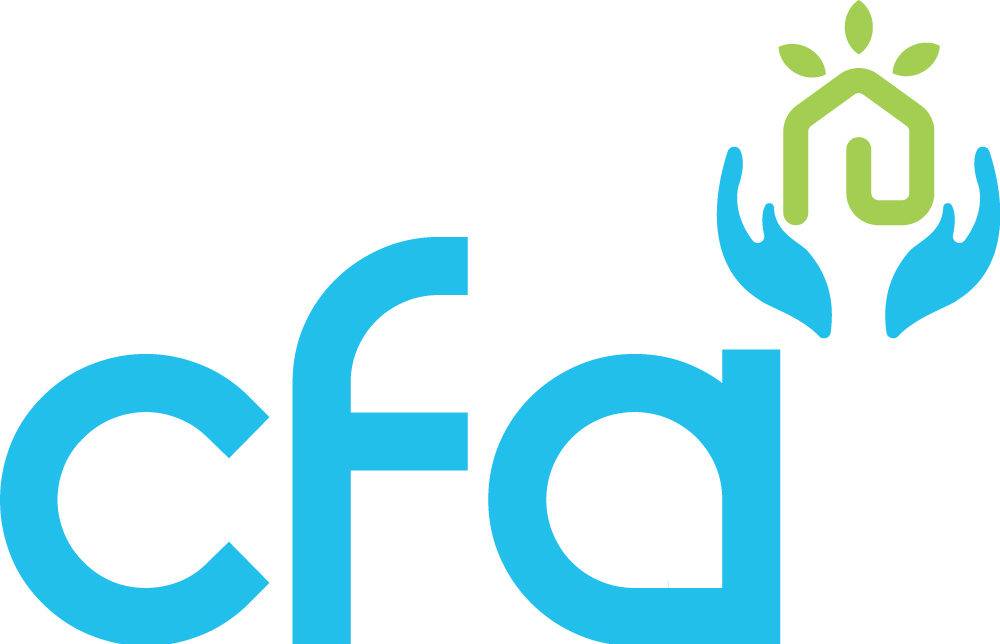We all know that fitness and nutrition is something we should all be taking seriously because a healthy lifestyle improves the quality and length of our lives. But in order to recognize the foods and activities that promote a healthy lifestyle requires fitness and nutrition awareness skills.
When we have poor lifestyle habits, we are at increased risk for cardiovascular disease, obesity, and osteoporosis. Many of us don’t exercise regularly and have poor dietary habits.
Adults with intellectual and developmental disabilities actually face unique challenges when it comes to physical fitness. Playing a game of basketball or soccer may be a struggle for them, as many of them deal with social, behavioral and communication problems.
Not only that, but many of them also have problems with their balance and hand-eye coordination, and combined with the complex rules that most sports games have, it makes it extremely tricky for them to get involved in active, social activities.
That’s because activities like these also involve motor skills – planning and coordinating your body to move the way you want it to. Something you’ve never really thought about because it just comes naturally to you, right?
But for someone with intellectual and developmental disabilities, it’s a lot harder than it looks.
They may also struggle with sensory issues, for example: If the game is too loud, you may see them standing in the middle of the pitch with their hands on their ears. These kinds of social and emotional challenges prevent them from partaking in social activities that we often involve ourselves in to stay fit and healthy.
So this means that someone with these kinds of disabilities may not be living a very active lifestyle. They’re also often on medications that may cause weight gain and they could also have picky eating habits.
So what’s the solution?
Staying healthy is important for longevity. So what can we do to improve fitness and nutrition awareness skills for adults with intellectual and developmental disabilities?
- Think smaller – Instead of partaking in games with 25+ people where they could experience sensory issues and confusion, consider a smaller group of around 5-10 and break each rule down into smaller steps so that the game is easy to follow.
- Adjust – As mentioned, the complex rules of a basketball game may confuse them and cause frustration. Simplify the game by removing all the nitty gritties. Perhaps stick to around 3 basic rules for them to follow.
- One-on-one – Groups may still be an issue, no matter the size. Personal training is a great way for them to start living an active lifestyle. They can form a relationship with their trainer, practice the basics, learn special/personalized techniques, have fun and stay active without feeling overwhelmed.
But being active is just 50% of living a healthy lifestyle. As mentioned, people with these kinds of disabilities can be picky eaters, so it’s important to implement strategies to get them excited for healthy meals.
You can:
- Get them cooking – Dinner time is a great opportunity to get them creative in the kitchen. You could write down a list of healthy ingredients and get them to walk around the store to collect them. Then, get them chopping, slicing and plating in the kitchen. Make it fun.
- Stories – You could create a story which shows a sad, unhealthy person eating fast food and a healthy, happy person eating veggies. You could ask them who they want to be.
- Change it up – They may push broccoli to the side of the plate, but it may not be the taste. It may be the way it’s cooked or presented. Try different cooking methods and presentation ideas, for example: Instead of boiling the broccoli and serving it plain, you could steam it and cover it with melted cheese. The cheese doesn’t make it healthier, but it may get them to eat the broccoli, so at the end of the day, a little bit of cheese is actually worth it.
Staying healthy is composed of two things: Staying active and eating healthy. Adults with intellectual or developmental disabilities may struggle to maintain a healthy lifestyle, so it’s important to play your part in making it easier for them and teaching them fitness and nutrition awareness skills.
Prioritizing fitness and nutrition is part of taking care of yourself. For more information on prioritizing your health, check out our article on self-care with intellectual or developmental disabilities for adults.
Get Started!
Contact us today to start one of our programs.
Email Address
admin@changefactorsanalysis.com
Call Us
(626) 698-9271
Hours
Mon-Fri 8:00am-6:00pm
Visit
- 5250 Lankershim Blvd, Suite 500 North Hollywood, CA 91601
- 255 E Santa Clara Street, Suite 210 Arcadia, CA 91006

